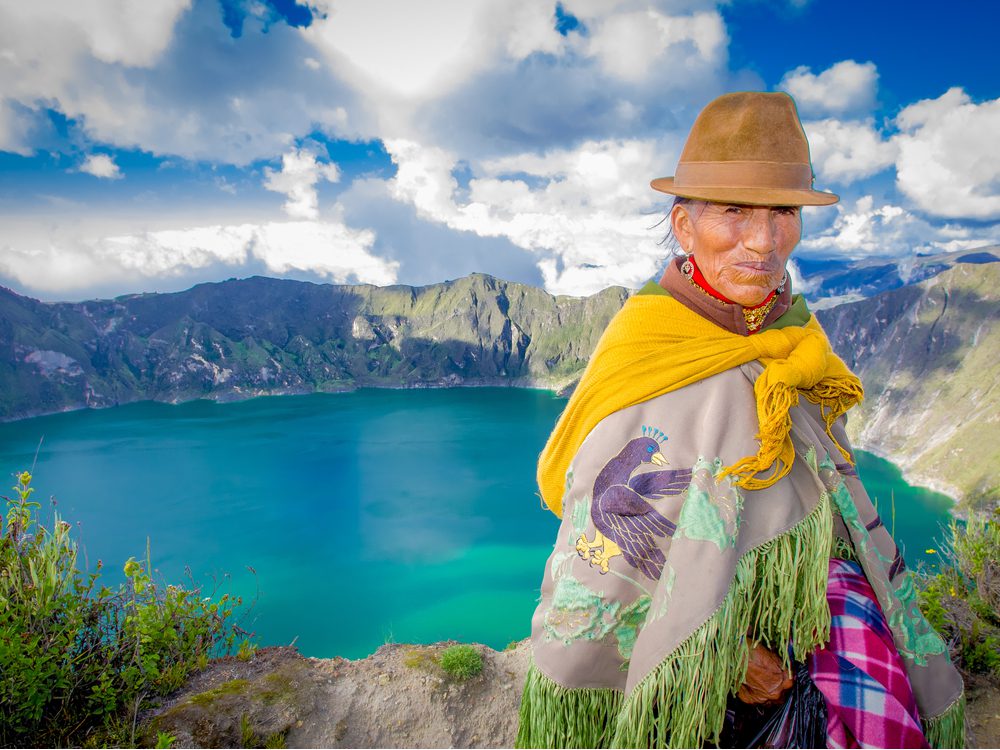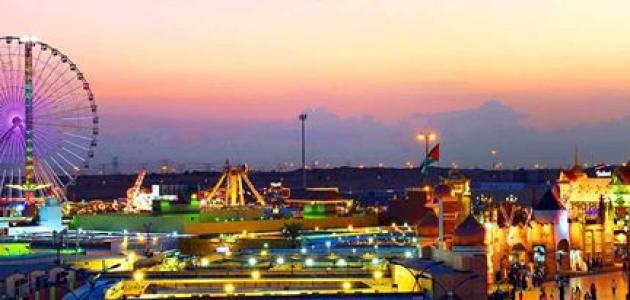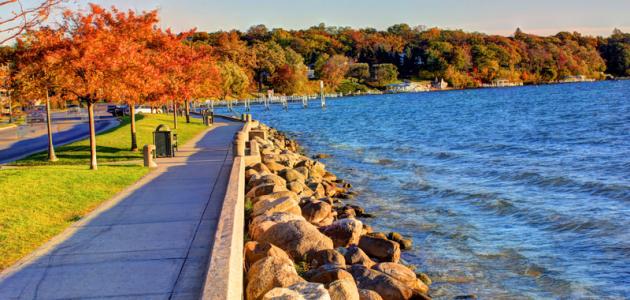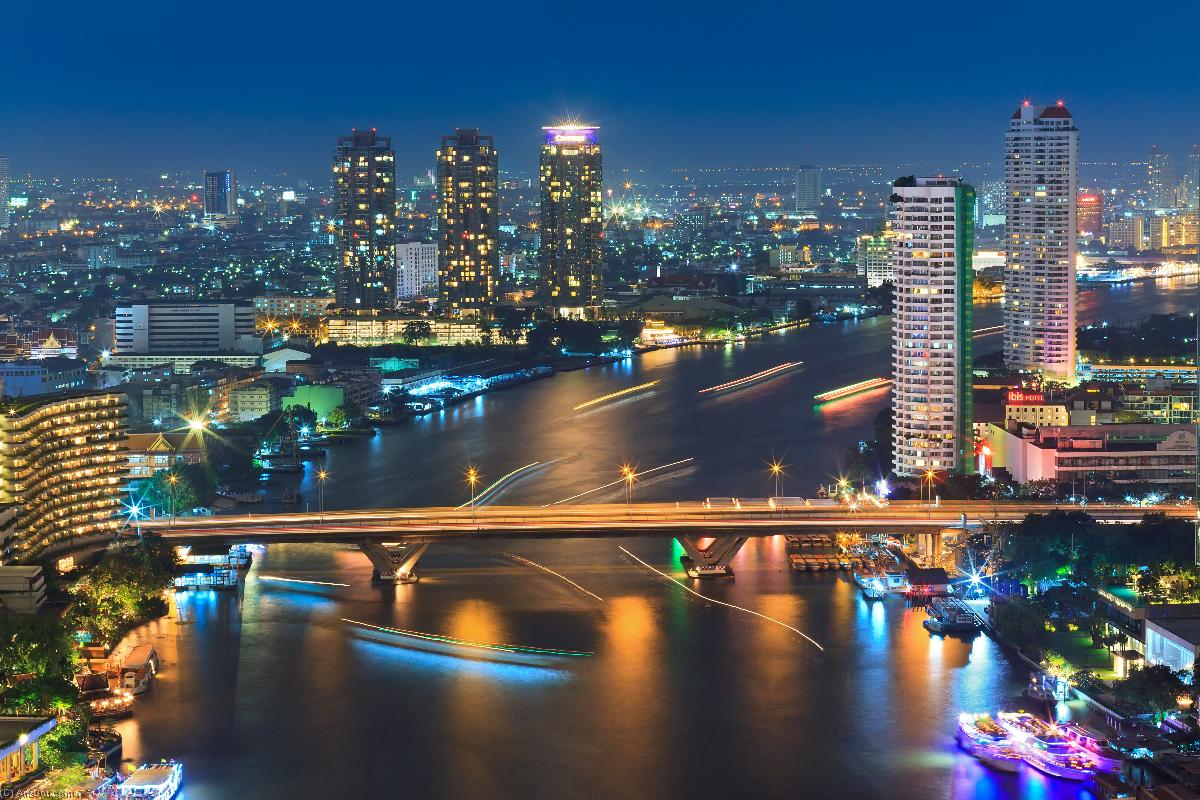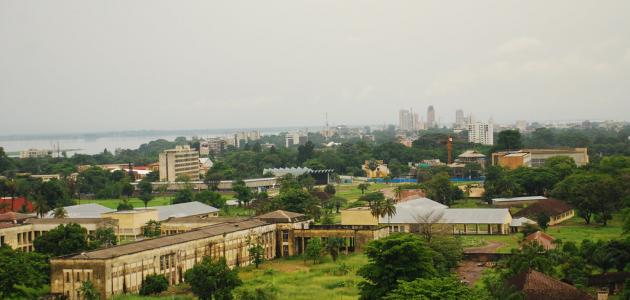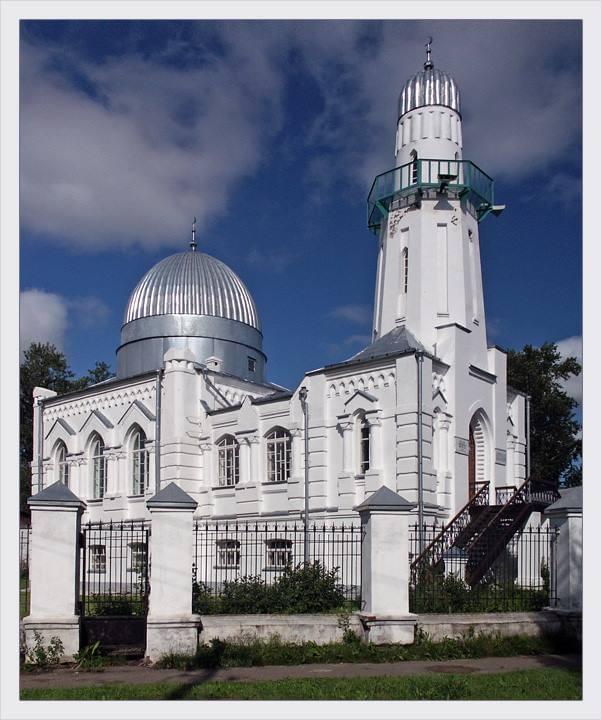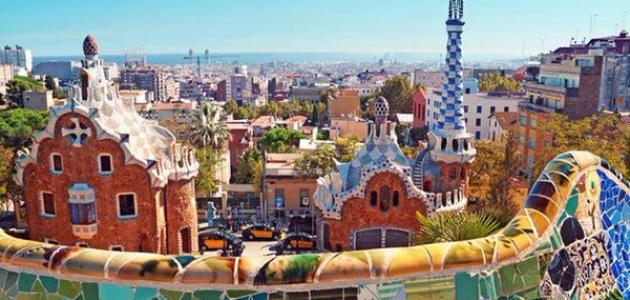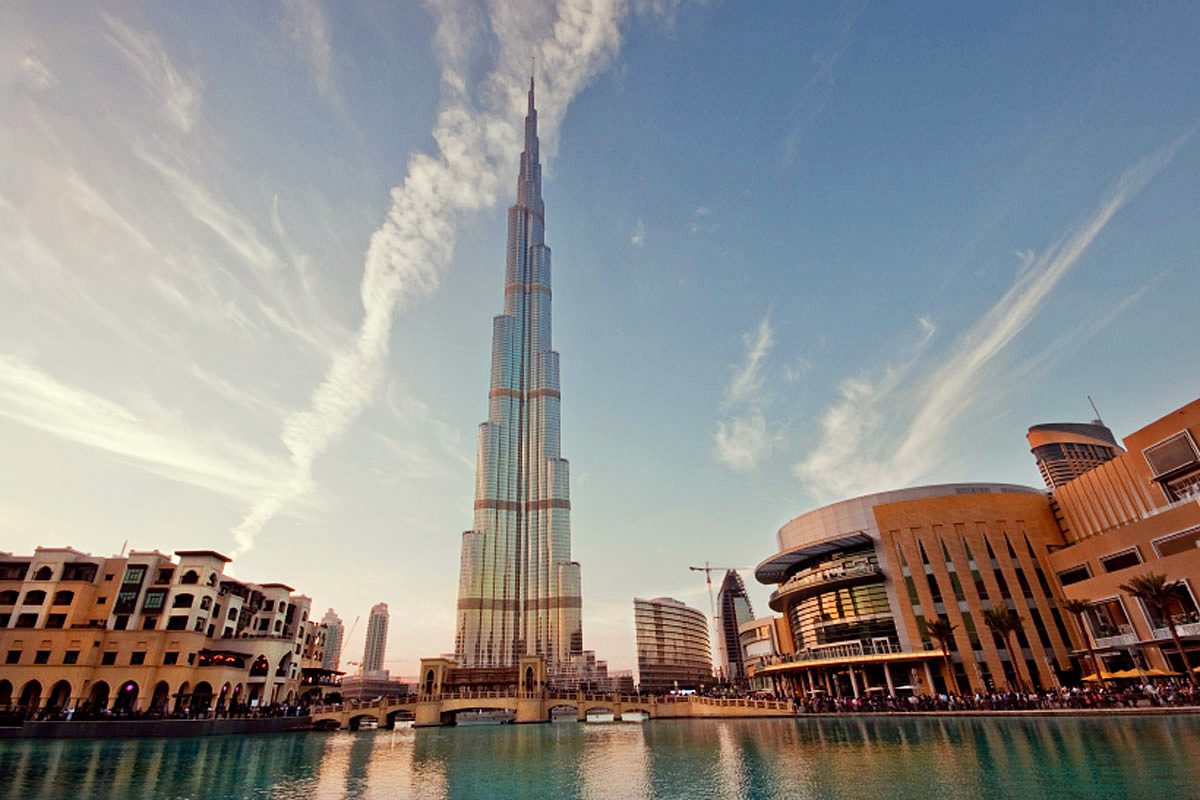Table of Contents
Mauritius island
Mauritius is one of the small islands that are located in the middle of the Indian Ocean, about 860 km away from Madagascar, and the first to discover these islands and introduce the world to them is the traveler and the Portuguese scientist Mascarenhas in the year 1505 AD and called it “Mascarens”, and in the year 1598 AD A fleet came from the Netherlands and anchored to the Grand Port, which led to the establishment of a Dutch colony over it during the year 1638AD. They named it Port of Port Weiss ”which is the capital of the state today, where this island remained a major base for them until Napoleon was defeated by the British and seized the island in 1810 AD.
Independence and government
In 1967 general elections were held and after that a new constitution was established for Mauritius, its independence was declared in 1968 and in 1992 the Republic of Mauritius was declared, and at the present time it is known as a democratic republic based on the “Westminster model” which is based on the principle of separation of powers Judicial, legislative and executive, it also enjoys political stability and the head of state is the head of government.
The size of the island and its climate
The area of the Mauritius Islands is (2500) km, and 1,078,000 people live in it during the statistics of 1988 and its capital is Porth Lewis, the first port where I live, as it is one of the volcanic islands whose lands do not rise much as the highest mountain is Montenegro, which reaches its height to Approximately (827) meters, while its climate is tropical, warm, little rain in winter and mild in summer.
Population diversity and religions
The people of the Mauritius Islands are varied in terms of cultures, races, and religions, as there are those who owe the Islamic religion and others with the Christian religion and have Chinese, Creole and Tamil races but they are in harmony with each other despite this diversity, so you find harmony between all cultures and races, which attracts tourists to the island, in which A large group of mosques, temples, and churches spread over all regions of the Republic.
The importance of its location
After the independence of the republic from British colonialism, a large number of Europeans, especially the British, decided to settle there and did not return to their home countries due to the beauty of nature in it and the strategic location enjoyed by this island, as it is close to global shipping lines between each of Africa, Asia and the Americas. In addition to the British, there are communities of Egyptians, Lebanese, and others.
The official language on the island is English, in addition to Creole, French and some Eastern languages.

